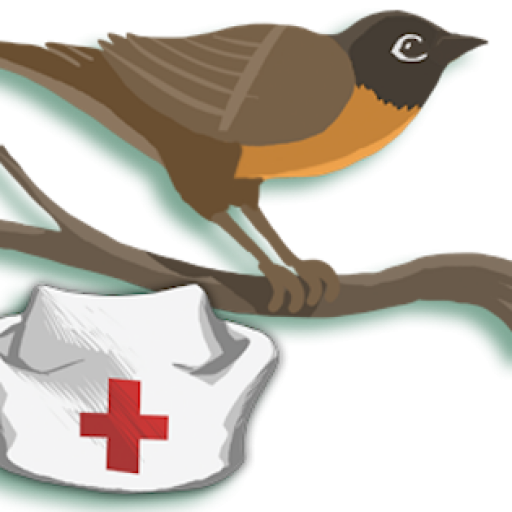
The Relentless School Nurse: Speaking Truth to Power in a Collaborative Op-Ed
The power of social media cannot be underestimated! A few short months ago, I connected with Sunny Hallowell, PhD, RN, a Nurse Faculty from Villanova University on Twitter. Sunny had just returned from Florida where she was presenting Nursing Rounds at a Miami hospital the day of the Parkland shootings. When she returned home, her 5-year-old son shared his experience during his school’s active shooter drill. Sunny was driven to action and advocacy from the enormity of the events that had not only impacted her professional life but now her home life as well. She did not want to live in fear of the next mass shootings, nor did she want her son to be traumatized by active shooter drills. To quote Sunny, “Nurses can help alleviate, teach, empower parents, kids, communities.” Nurses have powerful voices that can be used for comforting, educating and also activating. Sunny reached out to me on Twitter and asked if I would join her and her colleague, elizabeth.dowdell@villanova.edu&xsl=bio_long">Elizabeth B. Dowdell, PhD, RN, FAAN, and collaborate on an Op-ed from our unique nursing perspectives.
I am thrilled and honored to share the fruits of our labors: Trauma-Responsive Schools Must Be the New Gold Standard in Education.
Here is a brief snippet of the Op-Ed published on http://healthmediapolicy.com/
American schools are no longer places where children, teachers, and staff feel safe. According to a new report from the Center for American Progress, 57 percent of teenagers now fear a school shooting. The troubled youths who commit mass shootings typically have many “red flags” that fit a dangerous profile. In the wake of the Parkland, Florida tragedy, parents and school districts sought immediate deployment of security specialists and emergency response procedures. However, the most effective interventions to address school violence may be to better understand what children experience at home through trauma-informed care.
Early and persistent exposure of a child to adverse childhood experiences (ACEs) may result in toxic levels of stress which influence brain development. ACEs include abuse, neglect, divorce, the death of a parent, or living with violence. The compounded effect of ACEs throughout early childhood may expose children to harmful toxic levels of stress in their most critical period of developmental growth. A recent U.S. study found a staggering one in five children ages zero to 17 experienced two or more ACEs. This significantly places them at a higher risk for developmental, behavioral, or social delays, as well as being at greater risk for committing acts of violence compared with children who had no ACEs: continue reading here…




Comments (2)